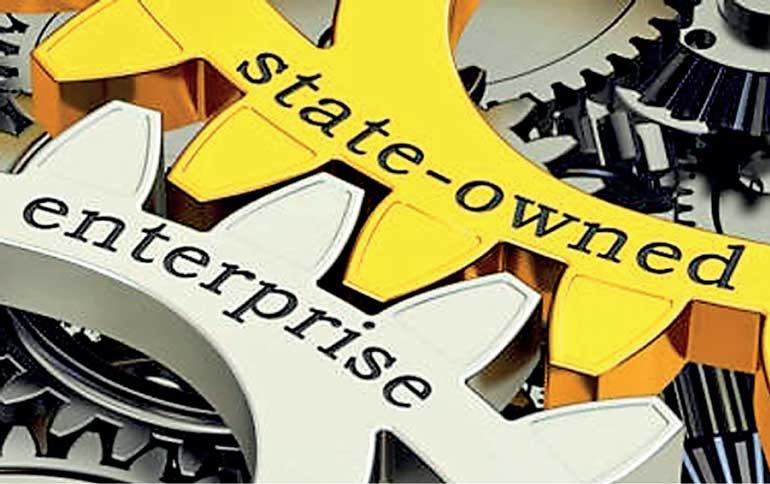Reply To:
Name - Reply Comment

It is essential for the reforms planned for the government owned entities to go ahead without further disruptions, else it is the general public that will continue to take on the burden, State Owned Enterprises Restructuring Unit (SOERU) Head Suresh Shah said.
When questioned if the upcoming elections will slow down efforts, as cautioned by the World Bank (WB) and the Asian Development Bank (ADB), Shah responded stating it better not be the case.
“Whether it will slow down or not depends very much on the politicians and how they look at it. We can only hope there is no slowdown,” said Shah, speaking to Mirror Business on the sidelines of an ADB event this week.
“I hope that the reform process continues irrespective of which political party is in power. This I am saying not only as the SOERU head but more as a citizen,” he added.
Shah went on to note that while the SOERU is doing the needful to get the reforms rolled out at the earliest, the progress, especially in terms of speed, is not satisfactory.
“I am not happy with the progress at all. There are lots of challenges. Coming from the private sector we are used to doing things in a particular way. The government works differently.
“So, I am not happy with how fast we are moving but at least I am hopeful that we can get it done. We (SOERU) are going ahead as if it will continue. It might take us few months longer,” he said.
According to Colombo based think-tank Advocata Institute, the cumulative losses of key 52 SOEs in 2022 amounted to Rs. 744.6 billion, costing Rs. 1.7 million per registered taxpayer, Rs. 33,949 per citizen and Rs. 141,809 per household.
Despite the sharp increase in tax collection, estimates of tax collection for 2024 cannot cover the losses incurred by these 52 SOEs for year 2022.
Addressing a press briefing this week, Advocata Institute CEO Dhananath Fernando asserted that the delay in restructuring is impacting ordinary Sri Lankans the most. The longer it takes the worse the implications will be.
“1 in 3 don’t earn Rs.30,000 per month in Sri Lanka. Hence putting more burden on taxpayers makes no sense,” he said.
The event highlighted that while reforms are underway, they have been running at a snail’s pace. The current rate would be “just enough” for Sri Lanka to avoid another crisis but not enough to put Sri Lanka into a trajectory to be competitive in international markets, Fernando said.
Among the 16 recommendations highlighted by the International Monetary Fund, SOE reforms are reiterated to be of high importance, specifically the Holding Company as well as the need to include skilled and competent members for the advisory board.